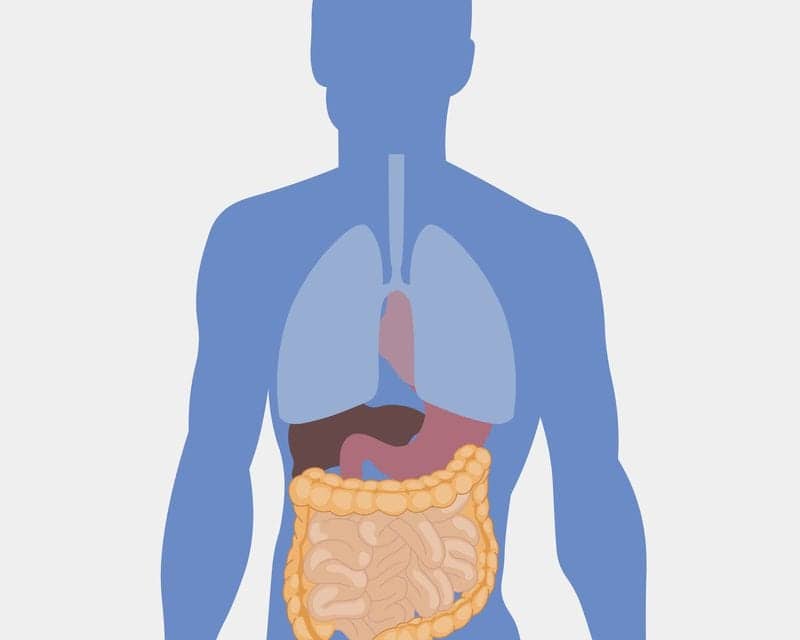Obstructive sleep apnea (OSA) increases the risk of hypertension, but the link between apneas and high blood pressure is unknown. So what is the connection? Researchers at Baylor College of Medicine say the answer could be found in the gut.
The findings, appearing in the current edition of Hypertension, say a high-fat diet in a rat model of OSA can cause a gut microbiome imbalance, called dysbiosis, that can induce hypertension.
“Obstructive sleep apnea often doesn’t exist alone—usually people with apnea suffer from some other issues such as obesity or diabetes. So we started our research by feeding a high-fat diet to our rat model and found that they were not becoming obese but they were becoming hypertensive,” says David J. Durgan, PhD, MS, instructor of anesthesiology at Baylor and lead author on the study, in a release. “What we found instead was that the high fat-diet changes the microbes that are present in the gut.”
At this point researchers only noted an association between the two, so they began studying whether the change in the microbes was contributing to the hypertension itself.
Researchers were able to transplant an imbalanced microbiome from a rat model with hypertension into nonhypertensive rats that were on a normal diet and undergoing apnea. They found that those that received the imbalanced microbiome became hypertensive and those that received healthy microbiomes remained normotensive.
“We showed that what triggered hypertension in those suffering from sleep apnea was the imbalanced microbiome,” says Durgan. “Diet does affect the microbiome, but when we really examined the changes that were occurring in the microbiome, we found that there were changes due to both diet and apnea itself. So the effects of apnea and diet synergized to result in the hypertension.”
Researchers also noted that within the imbalanced microbiome, there was a decrease in the number of bacteria that produce butyrate, a short chain fatty acid that is well known to play an important role in maintaining the integrity of the gut barrier, or the ability of the gut to keep bacteria and toxins from reaching the rest of the body.
“These findings suggest that manipulation of the microbiome as a treatment for obstructive sleep apnea-induced hypertension should be further explored. That includes looking into how changes in diet or adding probiotics to increase butyrate might be used as potential treatments,” Durgan says.
Others who took part in the study include: Bhanu P. Ganesh, Sharon C. Phillips, and Robert M. Bryan all with Baylor; Julia L Cope and Emily B. Hollister both with Baylor, Texas Children’s Hospital and the Texas Children’s Microbiome Center; Nadim J. Ajami and Joseph F. Petrosino both with the Alkek Center for Metagenomics and Microbiome Research at Baylor.
Funding for this research came from the National Institute of Neurological Disorders and Stroke R01NS080531 and by the Public Health Service grant DK56338 which supports the Texas Medical Center Digestive Disease Center.





